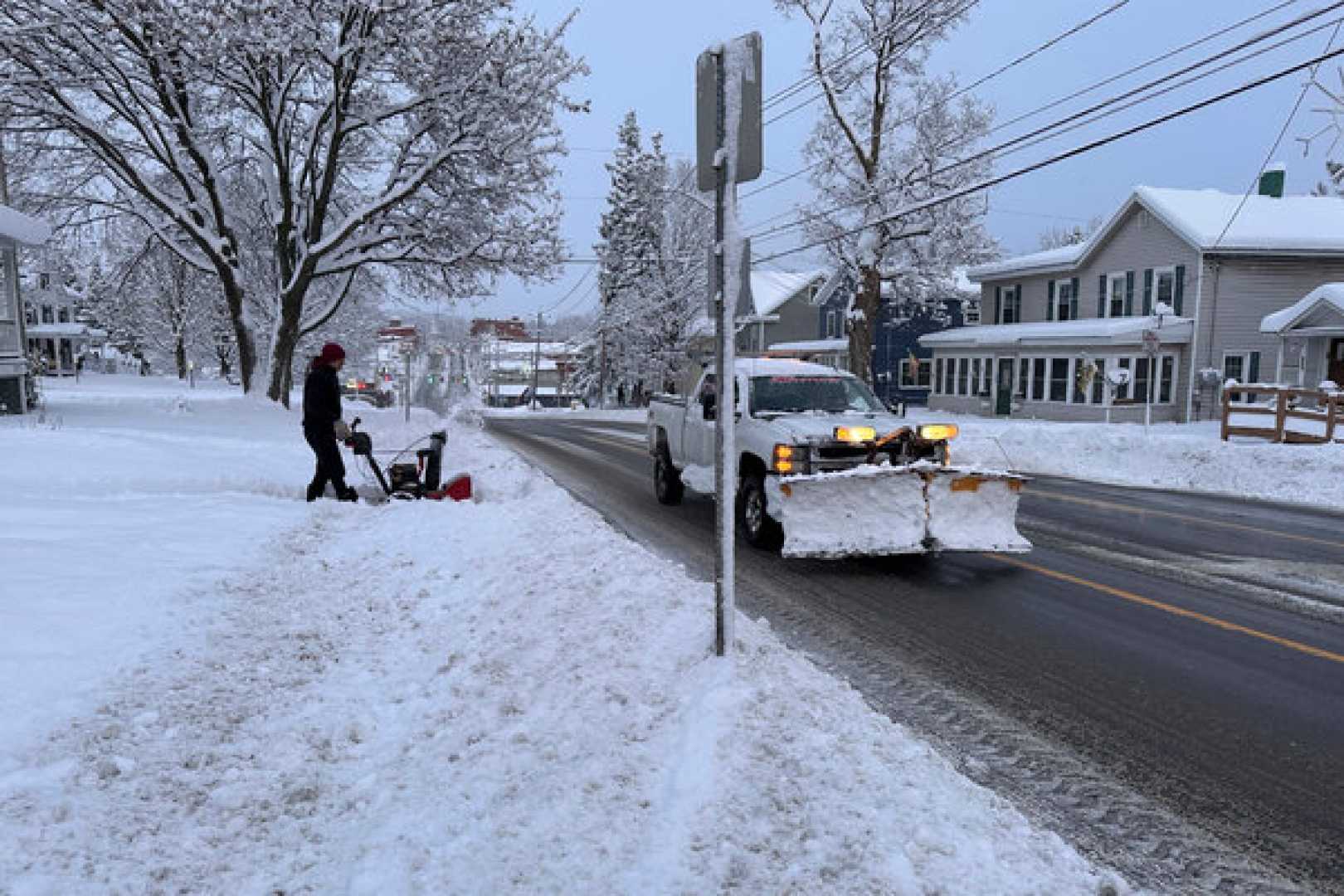News
New York Braces for Severe Winter Storm with Subzero Temperatures

ALBANY, N.Y. — New York Gov. Kathy Hochul has declared a state of emergency as a severe winter storm is set to bring dangerously cold temperatures and heavy lake-effect snow across the state starting Sunday, Jan. 19, 2025. The storm is expected to impact regions including the Mid-Hudson Valley, New York City, and Long Island, with snow and freezing temperatures persisting through Wednesday.
Areas east of Lake Erie and Lake Ontario are forecast to experience significant lake-effect snow, with whiteout conditions already affecting northern and western New York. The storm could bring wind chills as low as -25 degrees Fahrenheit, posing life-threatening risks to residents.
“As extreme cold temperatures and lake effect snow move into our state over the coming days, I’ve directed our state agencies to mobilize their resources as we prepare to respond to this weather system,” Hochul said in a statement. “These conditions pose an extraordinary risk to anyone who is exposed to the elements or is unable to adequately heat their home.”
The New York State Division of Homeland Security and Emergency Services is coordinating with local agencies to ensure a swift response. The Department of Transportation has 3,671 supervisors and operators on standby, equipped with plow trucks and snow blowers. Additionally, the Thruway Authority has 691 operators ready, with over 113,000 tons of salt available for road treatment.
Utilities across the state have mobilized approximately 5,500 workers to address potential power outages and infrastructure damage. The State Police will deploy extra patrols, and the Department of Environmental Conservation is prepared to assist with resource deployment.
Residents are urged to monitor local weather conditions and prepare for prolonged cold and snow. Hochul advised New Yorkers to sign up for emergency alerts at alert.ny.gov and check the National Weather Service for updates. Motorists should call 511 or visit 511ny.org for real-time travel information.
Safety tips include ensuring adequate heating, avoiding unnecessary travel, and checking on vulnerable neighbors. The state has also activated warming centers in affected areas to provide shelter for those in need.












